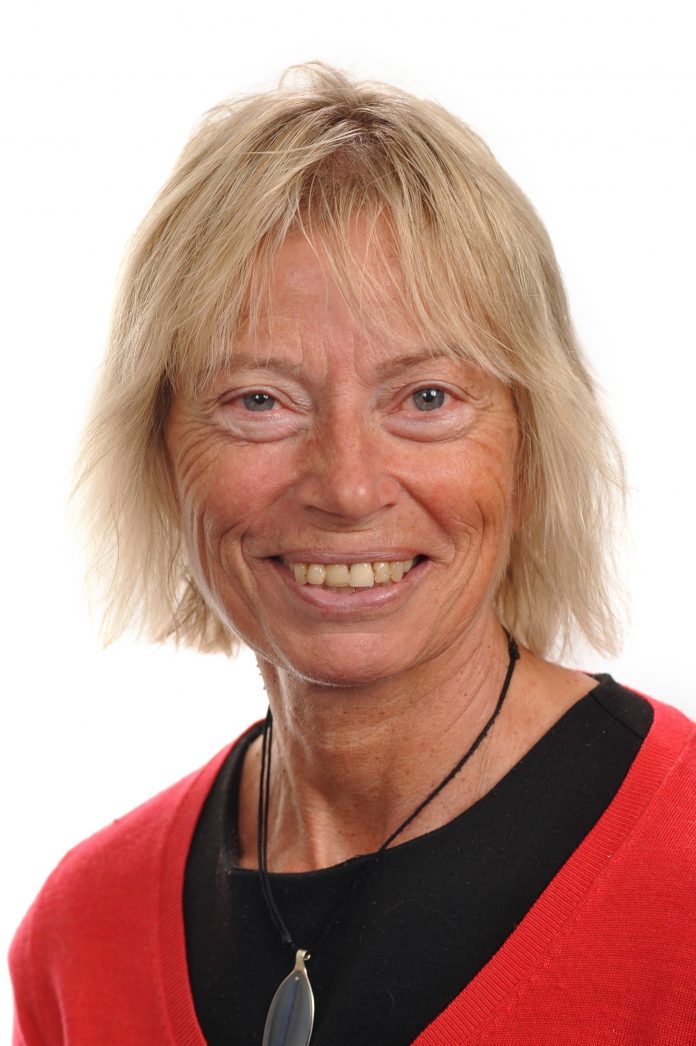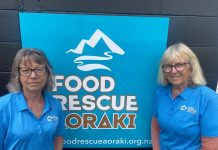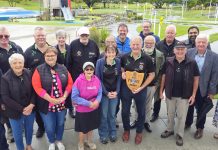Fairlie woman Celia Devenish Giddings has been made an Officer of the New Zealand Order of Merit for services to women’s health and education.
Although working in Dunedin, Dr Devenish has lived with husband David Giddings on their Meadowslea farm for the past 45 years, commuting to work in Dunedin for 25 years, and prior to that to Timaru, Ashburton and Christchurch.
The University of Otago School of Medicine teacher received the award in the King’s Birthday Honours.
Dr Devenish said she was ‘‘pleased’’ and ‘‘humbled’’ by the recognition, but had no plans to reduce her workload yet.
In her 40 years as a doctor specialising in women’s health issues, she has seen the environment change markedly.
‘‘Well, when I was a medical student in the UK and at Cambridge, I was fascinated by women’s health and it was at a time when women’s liberation was just beginning as a movement, I suppose, and people said, ‘oh, you can’t be an obstetrics and gynaecology services (OBG) specialist as a woman’.
‘‘There weren’t any. So I said, ‘well, I’ll give it a go’.’’
Dr Devenish has been a Fellow of the Royal Australian and New Zealand College of Obstetrics and Gynaecologists since 1981.
She has held senior leadership roles including chairing the New Zealand Specialist International Medical Graduates Panel, serving as a member of the college council and board, and chairing the New Zealand governing committee Te Kāhui Oranga ō Nuku.
She is a highly regarded teacher and mentor for undergraduates, midwives and registrars, working as senior lecturer and tutor at the University of Otago Dunedin School of Medicine since 1981.
‘‘I think women’s health and teaching has changed dramatically.
‘‘When I first arrived in New Zealand, I was surprised to find I was the only specialist with a university appointment and academic interest to teach.
‘‘But because of that, I stayed and because I was asked to stay and promote women’s health and women’s perspectives, that’s what I did.
‘‘I’ve done that for probably 45 years now.’’
She said she loved nearly everything about teaching.
‘‘It’s an amazing thing; seeing how excited the students are to think that they can be helpful to people and to understand what their needs are, what the women’s needs are.
‘‘Options for medical students, especially women medical students, have grown a lot in the past 40 years,’’ Dr Devenish said.
‘‘When I started at the medical school, about 10% of the student population were women. Now it’s close to 60%.’’
She also had a commitment to rural women because of living on a farm when she was not working.
‘‘And that means I understand the needs of women, whether it’s from childbirth and need for transfer to access to care, which is so much more difficult when you have distance.’’
While there was greater acceptance of women’s health issues, Dr Devenish said the care on the ground was hampered by things such as long waiting lists.
‘‘But it’s the most satisfying, exciting branch of medicine and health because it’s a mixture of both meeting people from different cultures and needs and backgrounds and ethnicities.
‘‘It’s an opportunity to provide medical advice as well as surgery.
‘‘So it’s both a hands-on and a very holistic way of looking after people and families.
‘‘I hope never to give up teaching.’’ — APL





